RIO DE JANEIRO, BRAZIL – The Mercosur summit, scheduled for Wednesday and Thursday, December 4th and 5th, in Bento Gonçalves in Southern Brazil, also called the “Brazilian Toscana”, had everything to be tense, given the uncertainties about the course that the elected presidents of Argentina, leftist Alberto Fernandéz, and Uruguay, right-wing Luis Lacalle Pou, intend to follow within the bloc, under the shadow of the far-right Jair Bolsonaro.
The Brazilian president never congratulated Fernández, who will take office next Tuesday, solidifying one of the lowest points of the Brazil-Argentina relationship, the traditional axis of Mercosur, also made up of Uruguay and Paraguay. The surprising decision of US President Donald Trump to increase import tariffs on Brazilian and Argentinian steel and aluminum will further increase this mood.
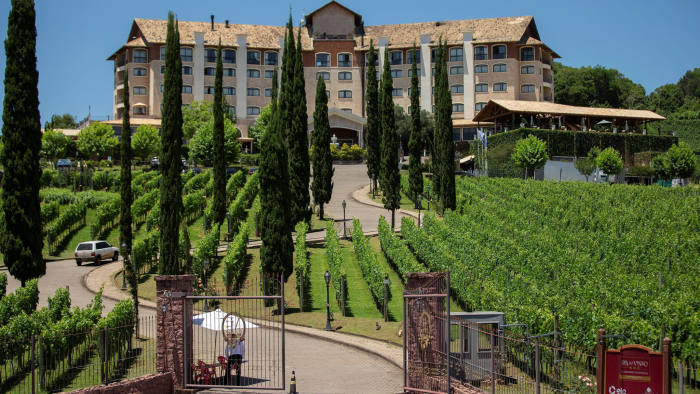
However, in practice, little can be decided at this meeting, since only representatives of the right-wing government of Mauricio Macri, to step down a week from now, and Tabaré Vázquez, who holds the presidency for another three months, will be present.
No member of the future cabinets of Fernandéz or Lacalle Pou will take part in the meeting, not even as observers. In the case of the Argentinians, they have not been invited due to the lack of ideological affinity between the Brazilian president, Jair Bolsonaro, and the future occupant of the Casa Rosada.
Bolsonaro openly campaigned for Macri’s re-election, and Fernández is a friend and ally of one of Brazil’s main political opponents, ex-president Luiz Inácio Lula da Silva.
The fact that there is no meeting between Bolsonaro and Fernández has much to do with the date set by Brazil for the transfer of the pro-tempore presidency of Mercosur, which in alphabetical order will be transferred to Paraguay.
Each country manages the bloc for a six-month period, and it is common for the transition to take place as close as possible to the end of the period. Bolsonaro, however, chose to do so in early December, five days before Fernández took office. The Brazilian sees the summit more like a farewell to Macri than a welcome to the Peronist leader.
On arrival in Bento Gonçalves, Bolsonaro has already made a point of marking his position. “Argentina took a turn to the left. We’re going for pragmatism. We fight, Argentina loses much more. But I don’t want to lose a little finger. And we will continue doing business,” said the Brazilian.
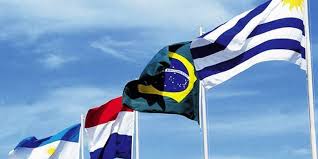
The relationship between Jair Bolsonaro and Alberto Fernández will, in fact, pose the main obstacle to the meeting. Argentina and Brazil are the largest countries in the region, and the bloc’s good standing depends on them.
At the moment, however, the relationship could not be worse. Bolsonaro intruded into Argentina’s election campaign and did not shy away from asking for votes for Macri, while threatening to blast Mercosur if Fernández’s “left-wing populism” were to take root in the Casa Rosada. Fernández’s visit to Lula da Silva in prison in Curitiba further increased tensions.
Fernández left that prison visit in Curitiba along with former Lula’s Chancellor Celso Amorim. He then said that there was no rule of law in Brazil and that Lula should be free.
Bolsonaro viewed the Peronist’s statements as an intrusion and cautioned that Argentina would do very poorly if it voted for Kirchnerism. He completed the attack with personal offenses against Fernández and his family and anticipated the Mercosur summit in order not to cross paths with Mauricio Macri’s successor.
“Bolsonaro relied on Argentina’s support and a good relationship with the United States. From then on, it would develop its international strategy, but all that changed with Macri’s defeat, and the aftershocks began,” said Juan Pablo Lohlé, a former ambassador to Brazil during Kirchnerism.
The crossing will entail political repercussions. For the first time in 17 years, a Brazilian president will not go to Buenos Aires to take part in the transfer of command, scheduled for December 10th.
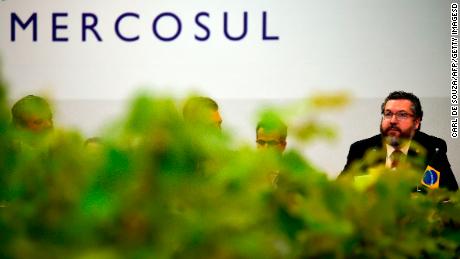
Nor will Fernández visit Brazil, at least not immediately, and as president-elect he made an unprecedented trip through Mexico, a country that intends to add to a potential north-south axis that serves as a counterweight to the Brazil-US axis driven by Bolsonaro.
“The bottom line is that Brazil has embarked on an irreversible process of economic reform and opening of the economy. The reduction of the common external tariff is part of this strategy, and Argentina can do nothing against it. If Argentina does not agree, it risks breaking Mercosur as a political unit,” cautions analyst Jorge Castro, president of the Strategic Planning Institute.
However, the partners are required to understand each other. “The relationship between the two countries is not based on ideological grounds, there are national interests that necessarily subjugate any personal difference” between their presidents, says Castro.
Donald Trump’s decision to impose tariffs on imports of metals from Brazil and Argentina could have as a side effect the convergence of partners. Washington has placed the two countries on the same footing, regardless of any ideological differences between their governments.
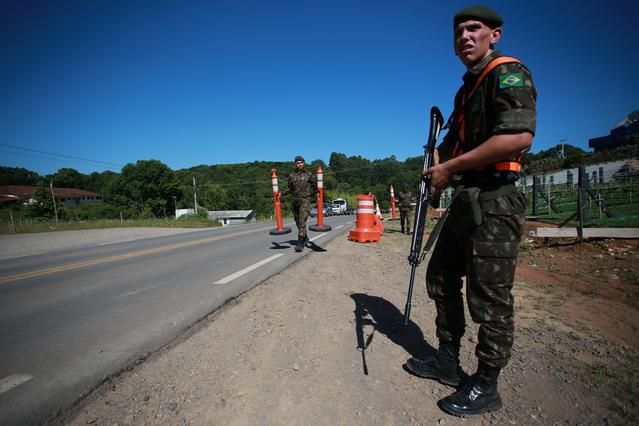
Ambassador Lohlé considers that it is necessary to wait for Fernández’s inauguration to determine the nature of the new relationship. “It will become clearer on the day that Fernández formally establishes the talks at the institutional level. The rationale would be to maintain the dialogue. Any tension is resolved through politics and diplomacy, but first through politics,” he said. Over the past few days, Fernández and Bolsonaro have proven this and lowered the tone of the controversy that opposes them with promises of pragmatism.
Modest Expectations
Despite the modest expectations regarding the meeting, since Monday, diplomats and experts from the bloc’s four countries are meeting in Bento Gonçalves to discuss which agreements should be announced.
So far, only one has been confirmed: what defines the geographical indication of certain products (the seal protects traditional products of some areas of the dispute with similar articles, without the same origin and feature). Among them are Serra da Canastra cheese, coffee from the Brazilian Cerrado, cocoa from southern Bahia or Mendoza wine.
“It is meant to ensure that a valuable brand is respected within the block,” explains Brazilian diplomat Pedro Miguel da Costa e Silva, secretary of bilateral and regional negotiations in the Americas.
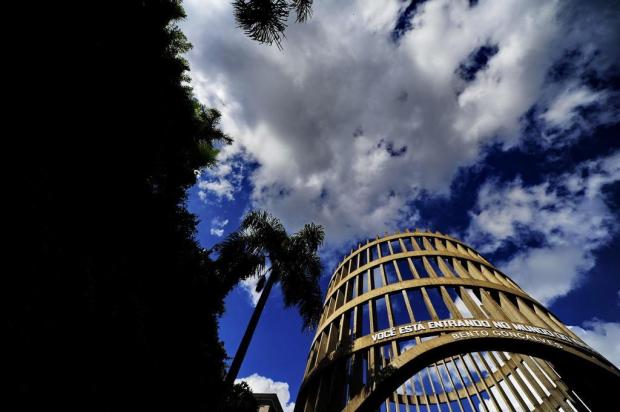
Two other agreements are in the process of being implemented and deal with border areas. The first is to facilitate joint police operations, in which agents from one country may enter the other as long as they are in the process of pursuing criminals.
The other authorizes residents living in the border region to have access to services in the health, education, and work areas on both sides. “These summits are like the Flamengo and River Plate game, everything may be decided at the last minute,” said Costa e Silva, in reference to the final of the Libertadores Cup of America, in which the Brazilian team beat Argentina in the final four minutes of the match.
A debate that should not be completed is the reduction of the common external tariff, which is on average 14 percent, depending on the product traded between the bloc’s four countries. Since the beginning of the year, Argentina and Brazil have tried to change this figure, but elections in two of the bloc’s four countries have prevented a more effective progress.
Brazil’s goal was to have this reduction achieved this year. “Obviously the Brazilian goal would have been to introduce a reform of the common external tariff, but it is a complex issue that needs a great deal of talk and negotiation,” says the Brazilian diplomat.
According to Itamaraty, attendance at the meeting of presidents Bolsonaro, Macri, Mario Abdo Benitez and the vice-president of Uruguay, Lucía Topolansky is confirmed. Uruguayan President Tabaré Vázquez is ill and will not be present. Representatives from Bolivia, Chile and Guyana will also attend as guests or associates.

